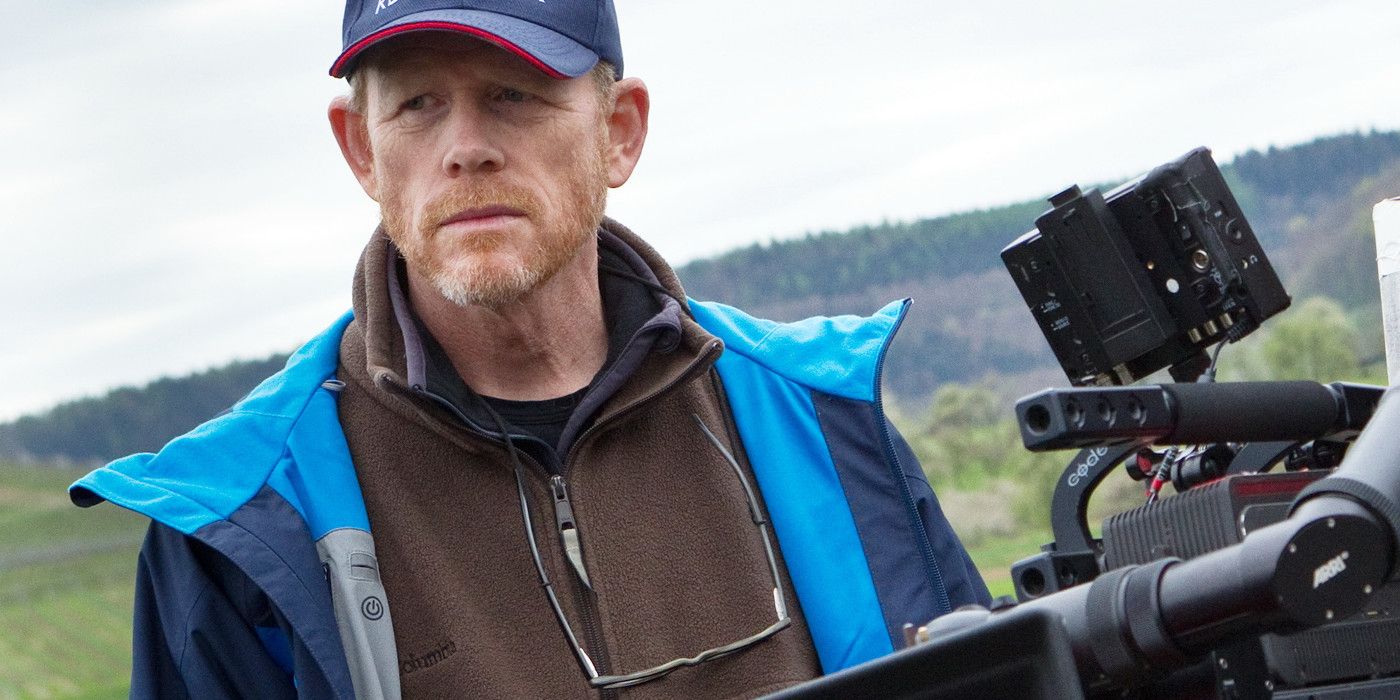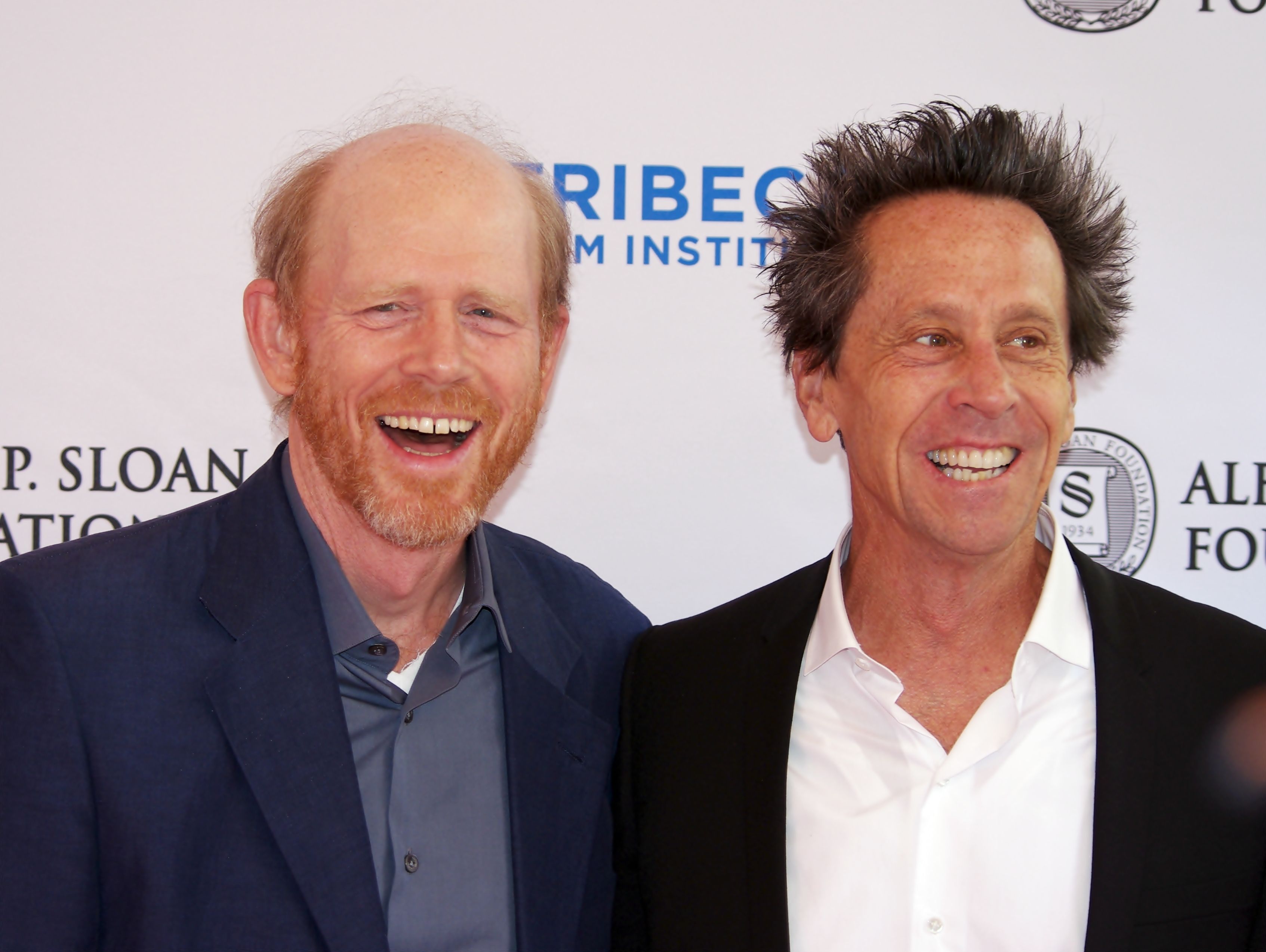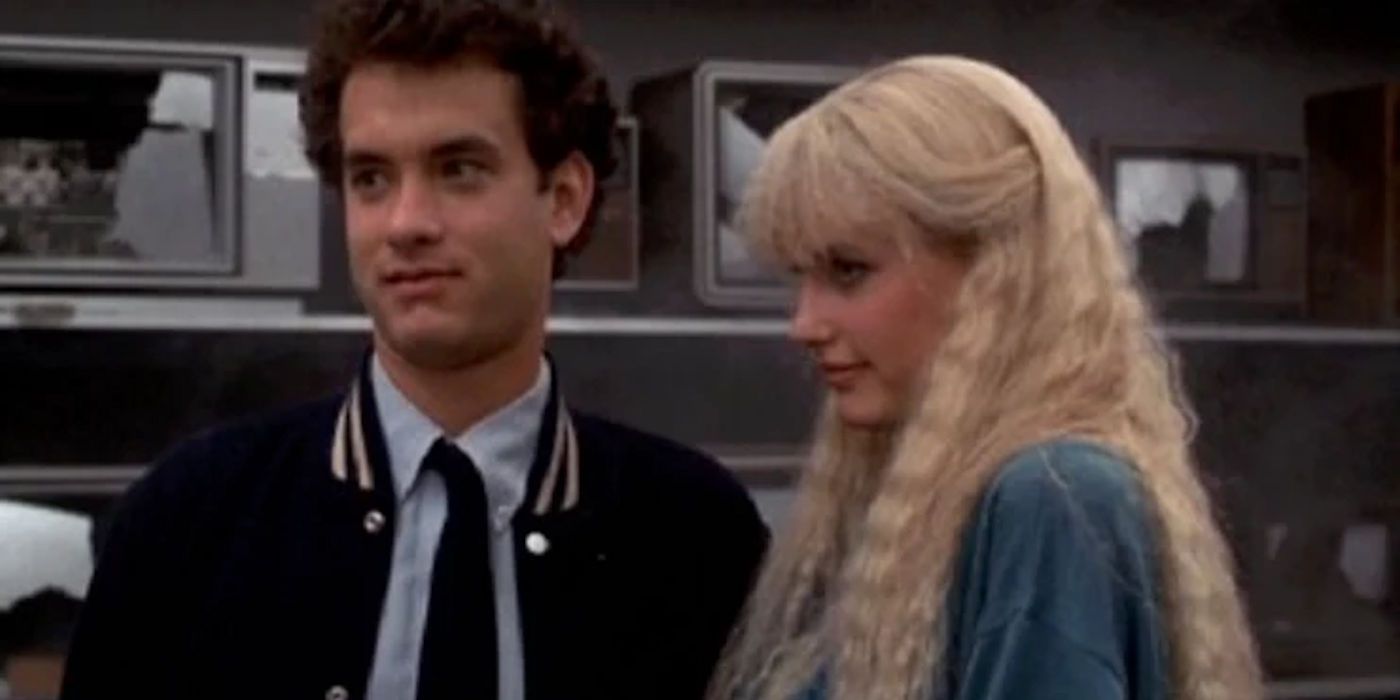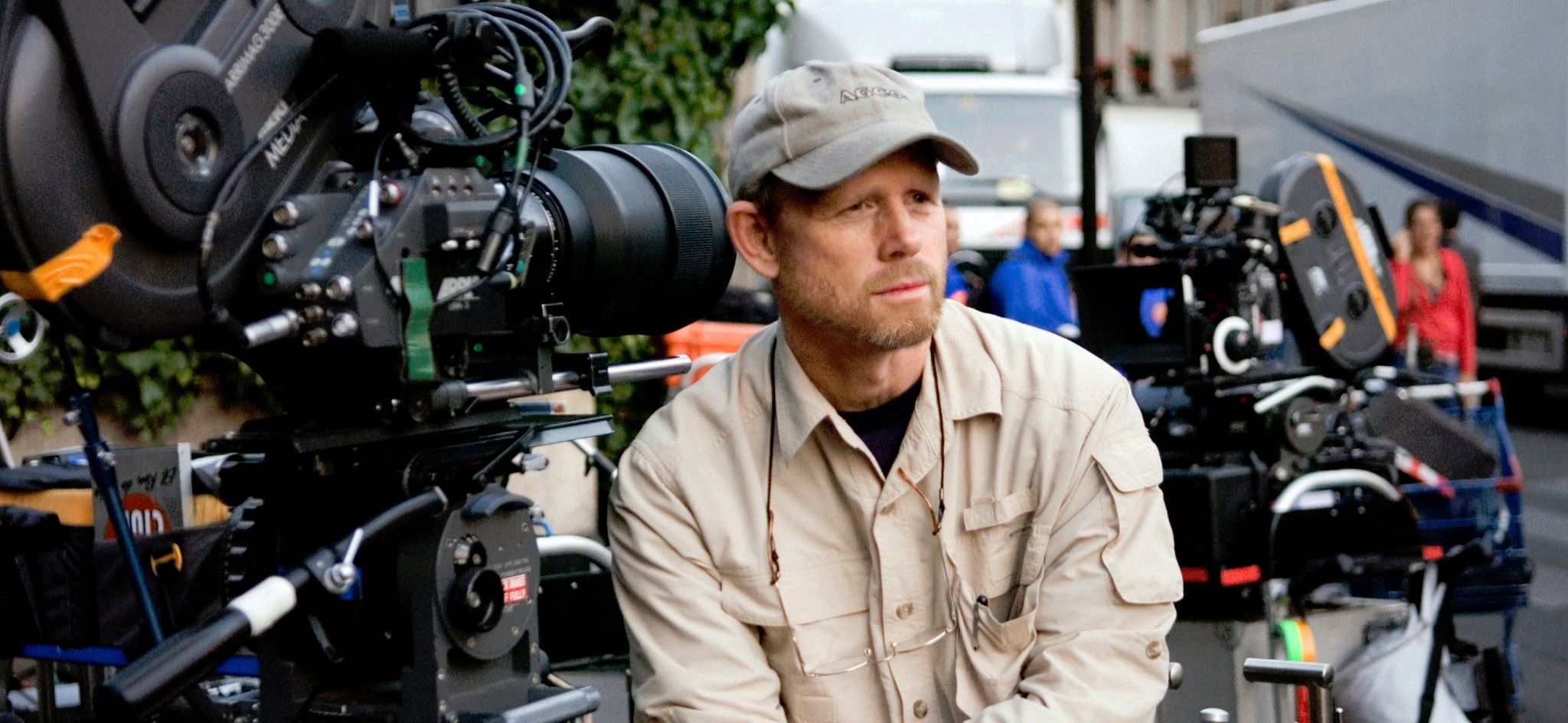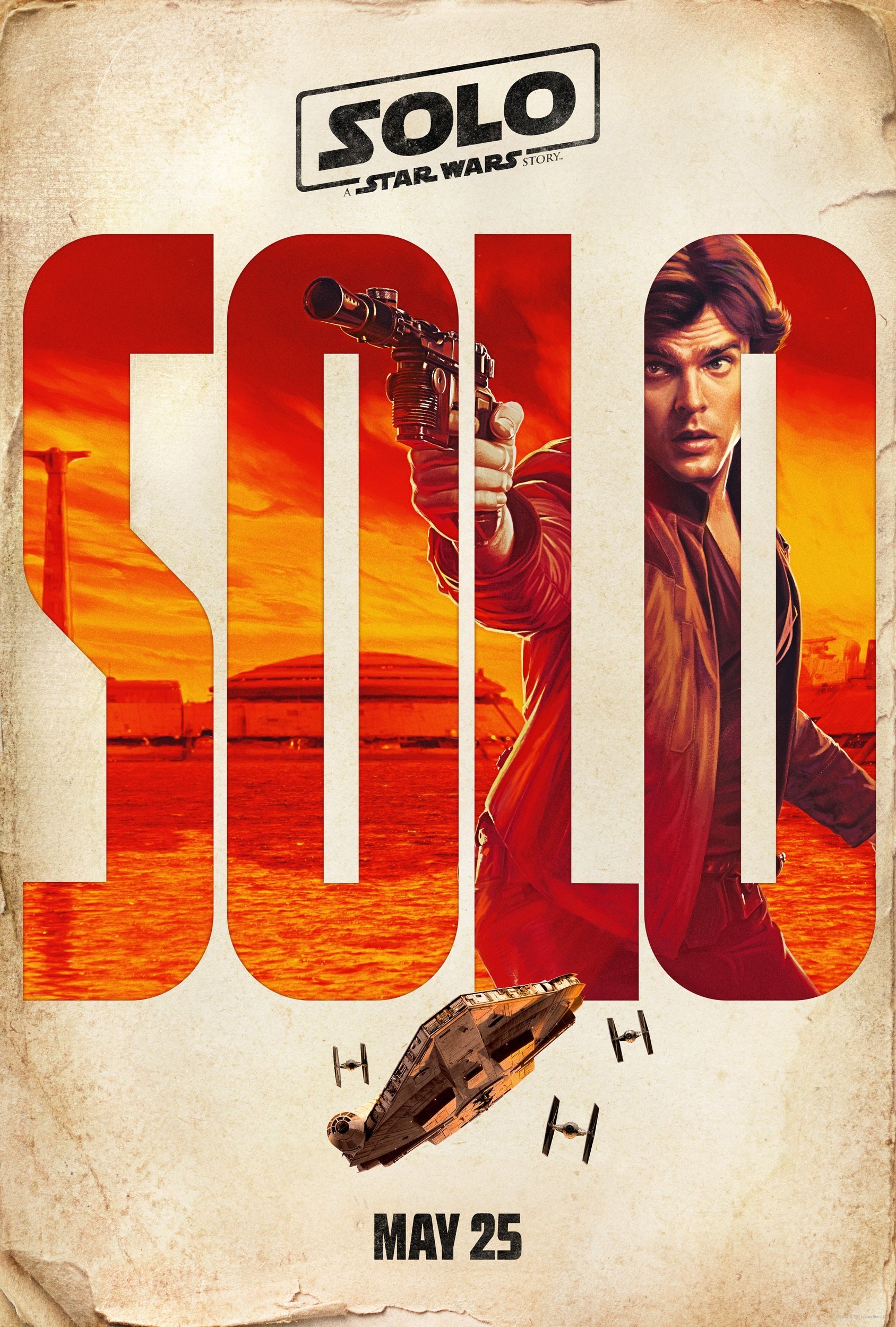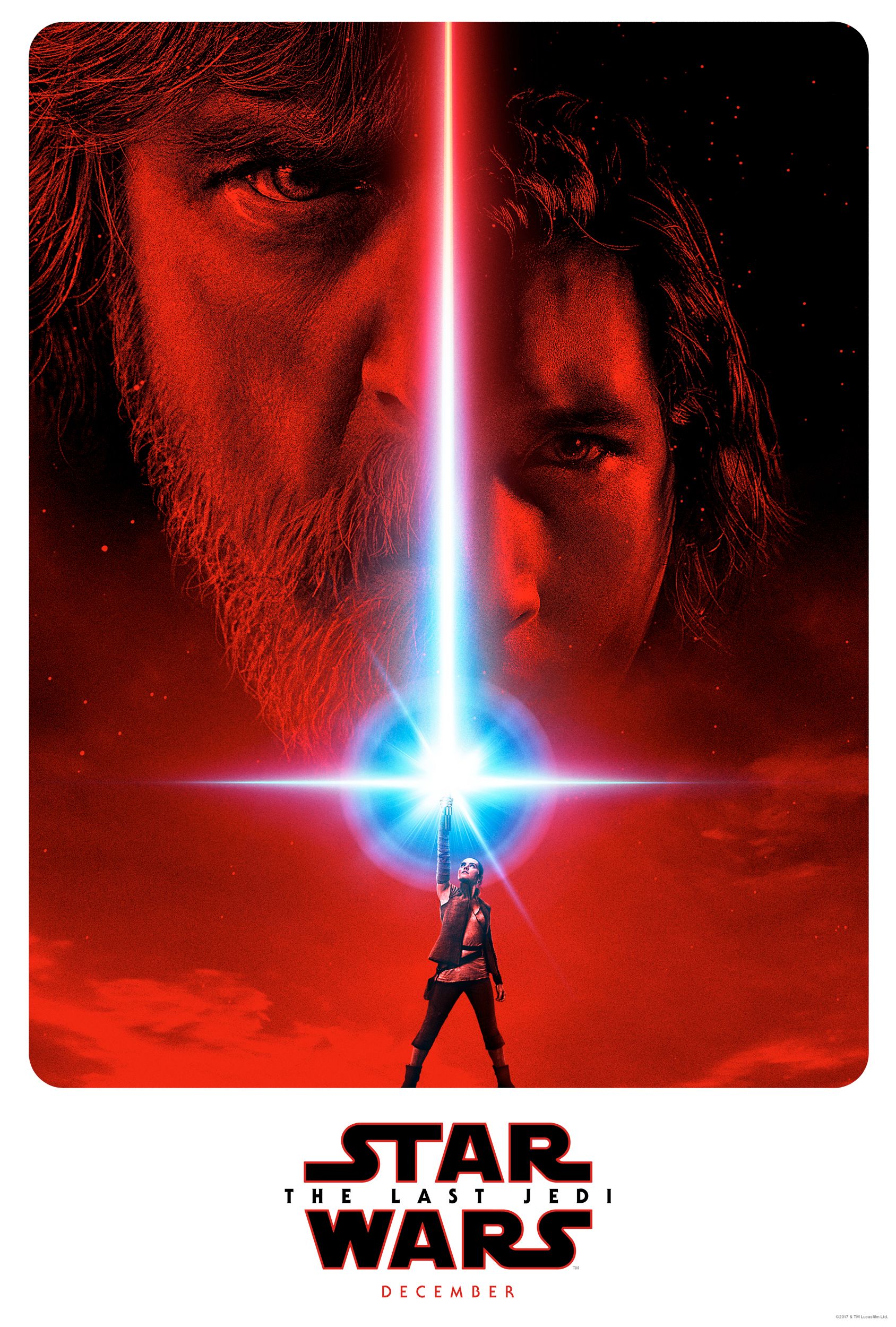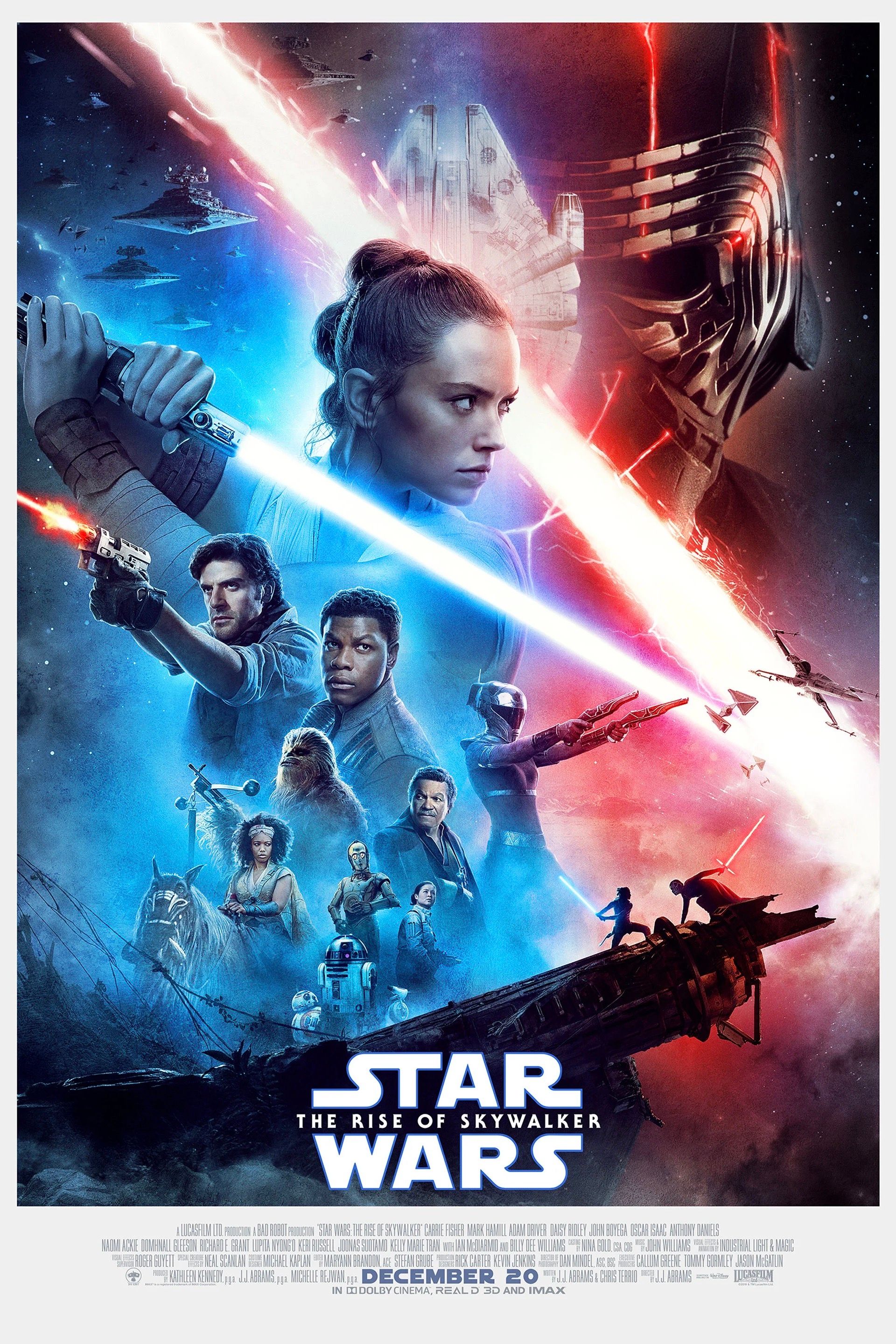Since Lucasfilm was purchased by Disney, reviving the iconic Star Wars franchise for a new generation, the director choices made by Lucasfilm president and brand manager Kathleen Kennedy have been interesting, if not especially adventurous. The decision to give the Han Solo prequel project to Phil Lord and Christopher Miller (The Lego Movie) proved to be one of their more eccentric selections, but with a rumored three weeks to go until the end of principal photography, the pair is out of the directors’ seats. Many questions remain over what led to this messy split – rumors swirl around creative control and a clash of personalities with Kennedy and screenwriter Lawrence Kasdan (the scribe behind Raiders of the Lost Ark, with credits on three Star Wars movie as well as the Solo project). We may never know the truth behind the decision, but with less than a month to go before Disney’s D23 Expo and San Diego’s Comic-Con on the horizons, Lucasfilm was forced to make a decision regarding the replacement director quickly, and their choice was none other than Ron Howard.
The Oscar-winning director behind A Beautiful Mind, Frost/Nixon and Rush wasn’t on the top of many Star Wars fans’ lists for the project, although he was offered the chance to direct The Phantom Menace by George Lucas himself (an opportunity he called "an honor, but it would've been too daunting"). He also admitted that he'd received various opportunities to direct superhero films but sad no as they wouldn't offer much room for experimentation. The chances of him being allowed to stray from the flock with Han Solo are low, but that's probably why he was brought on board. For all of the fan and critical concerns that Howard is too dull or workmanlike a choice to take on this kind of project, such words ignore a varied body of work that shows just how capable he is for the Star Wars universe.
Ron Howard grew up in the film industry, making his debut at the age of nine before appearing on the hit TV series The Andy Griffith Show, although his most iconic TV role is probably Happy Days (or the narrator of Arrested Development). The year before he joined that series, he starred in American Graffiti, the coming-of-age drama George Lucas made before Star Wars. Howard’s directorial debut, a low-budget action-comedy called Grand Theft Auto, was executive-produced by veteran B-movie director Roger Corman, a man known for giving many of the industry's finest talents their first gigs in Hollywood (including Francis Ford Coppola, James Cameron, and the late Jonathan Demme).
It was Corman who gave Howard the advice of being productive and efficient, all markers of his studio’s prolific output. In an interview, Howard noted a conversation he had with Demme about Corman's enthusiasm for encouraging directors to experiment as long as they got the work done in time, which feels like a solid summary of Howard's directorial ethos. This is a man, born from the 70s era system where the old studios were dying out, who deliberately harkens back to both periods in his style.
Said style is frequently dismissed as staid or predictable, which is unfair and diminishes the kind of work that Howard does. His willingness to embrace earnest sentimentality, with work like Parenthood, has a distinctly Capra-esque vibe, calling back to work like It's a Wonderful Life and a Golden Age marker of bombastic emotions. Splash, one of his earliest films, surprisingly holds up as a cheeky rom-com that has fun with a silly premise, allows that to go much stranger than many films of the era would ever dare, and uses its cast to greatest effect. Frost/Nixon is a slick, sharply constructed drama that turns dialogue into punchy sparring, while the criminally underrated Cinderella Man choreographs some of the best boxing scenes in modern film.
Like his cinematic ascendants, Howard is a crowd-pleaser, and the audiences have flocked to his output (with a lifetime box office gross of over $1.8bn), from the mixed bag “leave your brain at the door” entertainment of the Robert Langdon trilogy (the best being Angels and Demons) to complex thrillers like Backdraft and Apollo 13. His low points are numerous – A Beautiful Mind remains one of the Academy’s most egregious choices for Best Picture, while The Dilemma is a pointless non-effort for everyone involved – but at his peak, Howard is a sturdy talent, a deft hand with detail and ensembles, as well as a keen focus for story and character. He’s no auteur, breaking ground for wide-eyed upstarts, but it’s hard to argue with a back-catalogue this robust.
Next Page: [valnet-url-page page=2 paginated=0 text='Han%20Solo%20Needs%20a%20Workman%20Director']
The work behind making a decision like this, to find a director for three weeks of work plus reshoots and months of post-production (not to mention a laborious press tour), is immense. In many ways, taking over from Lord and Miller is the most thankless job in blockbuster cinema. If the movie is bad, Howard will take the brunt of the blame; if it’s good, or surpasses expectations, many will give Lord and Miller the credit. Just look at what happened with Peyton Reed and Ant-Man, a film that beat the cynics but still saw former director Edgar Wright soaking up a fair share of the acclaim.
Lucasfilm’s criteria for the job was already lofty – who’s available on short notice, who has a good track record, who has a history with the company or at least goodwill with the heads – but add on top of that the prospect of spending months on the road being ceaselessly asked about being a back-up director, and it’s a job few would want. For the latter part, Howard is an especially good choice. He’s a former actor with canny awareness of his own public image, and capable of using it to charismatic effect (just watch his guest work on The Simpsons for proof of that). For the PR conscious Lucasfilm and Disney, Howard is someone who can be trusted to continue steering the ship once the public is invited on deck to scrutinize everything.
But before that can even begin, Howard must do the job of finishing the film. This process isn’t new. Many films, including some all-time classics, lost their directors midway through production and had to be replaced. George Cukor, one of the great directors of the heyday of MGM, was removed from Gone with the Wind three weeks into shooting over clashes with producer David O. Selznick. He was replaced with Victor Fleming, who then had to be briefly replaced by Sam Wood after he suffered a bout of exhaustion (Fleming was the solely credited director in the end). Fleming had previously been brought in to replace Richard Thorpe during the disastrous shooting of The Wizard of Oz (and even then, the bookend sequences were done by King Vidor).
More recently, Disney and Pixar have been rather ruthless in canning directors not up to the job, from Jan Pinkava and Ratatouille (replaced by Brad Bird), to Brenda Chapman and Brave (replaced by Mark Andrews). The results there have been varied, but it reminds the most idealistic film fan that this industry is indeed a business, and those kinds of decisions will always have to be made. After the confusion surrounding Rogue One, wherein Tony Gilroy joined Gareth Edwards during the film's reshoots and the ensuing film was a disjointed and mixed bag, it’s no wonder that Kathleen Kennedy would be merciless in pulling the plug if need be.
For Howard, this dilemma may be the toughest for him on both a personal and professional level. To many, he represents the tired old guard hijacking the narrative from the fresh young voices, but there is something to be said about investing in a tried and tested director of quantifiable sturdiness, one with efficiency and reliability to his name. Whatever state the Han Solo project is in now, and we may never truly know the extent of it, Howard must work both as a creator and a salvager, providing a steady hand and sharp eye. Ron Howard may not inspire fervent devotion, but he pleases the crowds and gets the job done, offering solid technical skill with stylistic flexibility. For a franchise like Star Wars, that’s been doing that very job for 40 years, he’s the kind of director they need.

